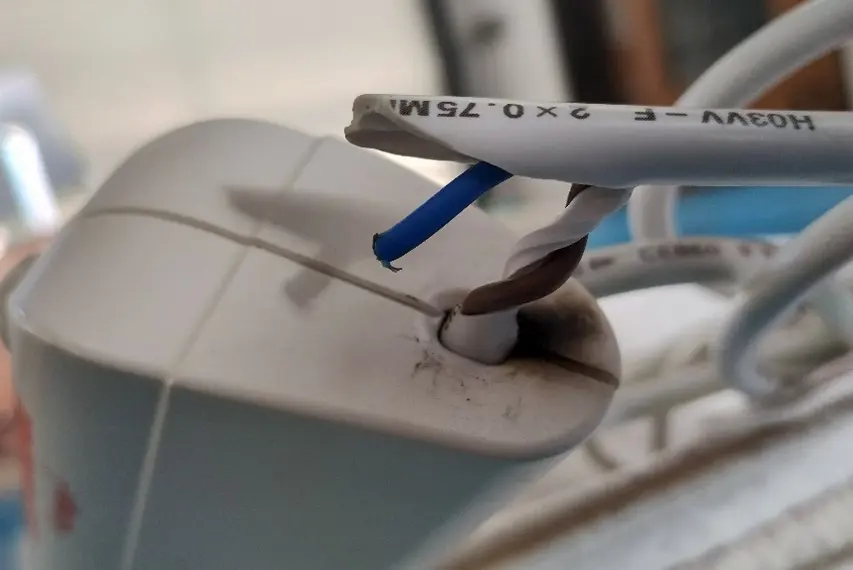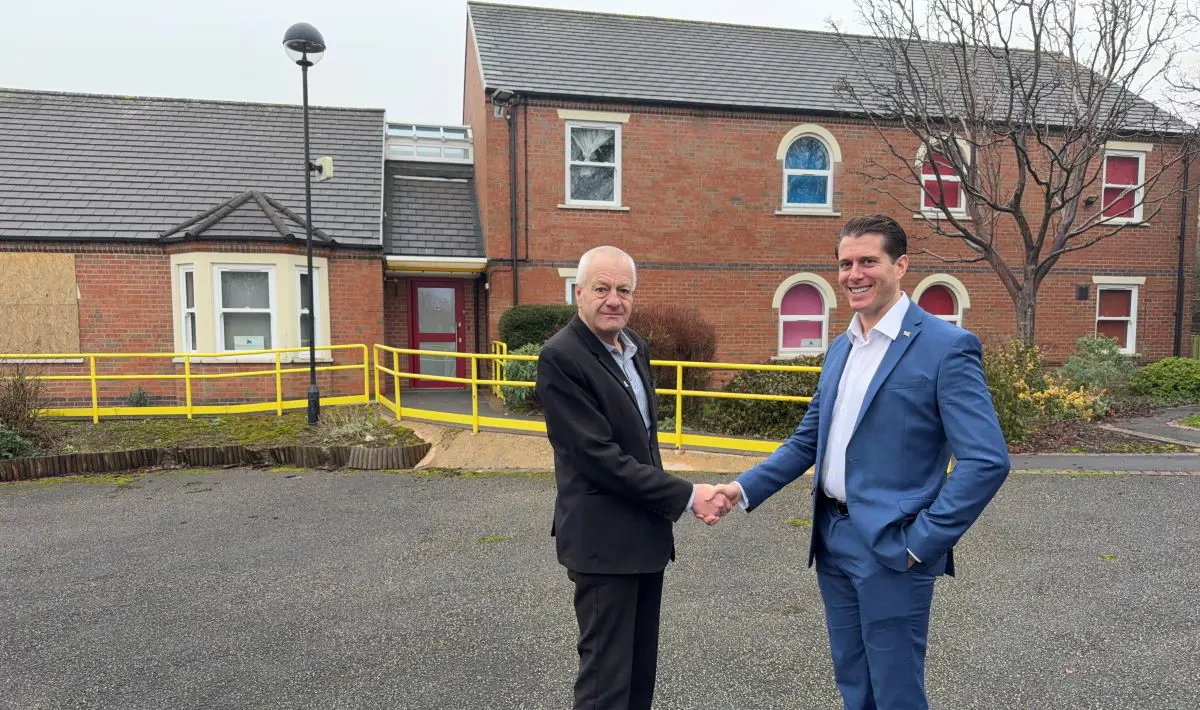Flooding - before, during and after frequently asked questions
The following information is based on questions which we have been asked during past flooding incidents. Where possible we have tried to provide links to organisations that can provide further information.
Where can I get sandbags?
We may have a limited emergency provision available during periods of flooding for vulnerable residents (e.g. elderly, disabled and reduced residents), who are unable to provide their own.
Due to flooding and road conditions it may be difficult for us to get them to residents in time to be effective. We may not have the capacity to be able to respond to all sandbag requests if flooding is widespread. The provision of sandbags is therefore prioritised.
Residents are encouraged to make sure their property is protected as far as possible. If you wish to use them, sandbags can be purchased in advance from local DIY stores and builders’ merchants.
Remember, sandbags are a short term and relatively cheap way to manage flooding, only if they are filled and placed correctly. They are relatively ineffective when compared to purpose-designed flood protection products. They are of no use if the property is already flooded. Instead residents should concentrate their efforts on protecting family members and belongings.
Refer to the Blue Pages directory to see what purpose-designed flood protection products are available.
I’m in danger, or my neighbour is in danger, due to the flooding!
Ring 999. Do not take any chances with your own safety, or that of your family or neighbours.
Where have the people evacuated from their homes been taken to?
If flooding has required an evacuation to take place, then people may have gone to a variety of locations. Some people will have gone to stay with friends or family. This is the preferred option as in most cases it will provide the most comfortable and supportive environment. In cases of large-scale evacuation, the local authorities may have opened a ‘‘Rest Centre’. This is a facility, such as a leisure centre, where the immediate welfare needs of those evacuated can be provided.
Dependent on the scale, duration, and nature of the evacuation, and the health of the people being evacuated, they may also be temporarily re-housed in hotels, bed & breakfasts, hostels, residential homes or council owned accommodation. Your local authority should be able to help if you are trying to trace somebody who they have helped re-home.
I can see sewage floating!
If flooding is coming from a public sewer then it is the responsibility of your local water company, Severn Trent Water or Anglian Water, dependant on where you live in Nottinghamshire. Householders are required to report any problems by phone or online:
- Severn Trent Water 24-hour emergency number 0800 783 4444 or report an issue on the Severn Trent Water website
- Anglian Water 24-hour emergency number – 03457 145 145 or report an issue on the Anglian Water website
My family have been in contact with flood water, we are not sure if it is contaminated what should we do?
Public Health England offer the following advice on contact with flood water…
“Infection problems arising from floods in this country are rare. Usually any harmful bugs in floodwater become very diluted and present a low risk, but there are a few precautions to be aware of when dealing with flooding which should prevent unnecessary additional health problems:
- Wherever possible, try to avoid coming into direct contact with floodwater. If you have to go into the water, wear waterproof gloves and rubber boots and remember to be careful of potentially concealed hazards.
- Wash your hands – this is the most important way to get rid of harmful bugs. Use warm, clean water and soap. Use cold water to wash if warm is not available. If there is no clean water, use disposable, soapy wet wipes to clean all parts of your hands and then dry them.”
If you or a family member start to feel unwell from vomiting, diarrhoea or skin irritations, or have any concerns contact your GP, NHS 111 or other health providers and tell them you have been in contact with flood water
More information about living through and recovering from flooding, including frequently asked questions and advice on clearing up after a flood, is available on the Gov.uk website.
Are home carers still coming round?
Every effort will be made by the county council to make sure that carers can reach their customers during flooding incidents.
If you have any concerns about home care contact the county council’s Customer Service Centre on 0300 500 80 80.
Day centres – will they be open?
Where possible the county council will endeavour to make sure that day centres stay open. We may need to ask people to be patient as it may take longer for transport to arrive and longer to get people home again.
If you have any concerns about if your day centre is open you can check on the county council's 'Disruption to Services' webpage, by ringing our Customer Service Centre on 0300 500 80 80, or via our Twitter feed - @NottsCC.
When is my school going to be open?
The decision when to close and reopen a school will be taken by the head teacher. Many schools now have arrangements in place to notify parents of disruptions, or will put messages on their website.
However, if you haven’t had notification from your school then you can check on the county council 'School Closures and Disruptions' webpage, by ringing our Customer Service Centre on 0300 500 80 80, or via our Twitter feed - @NottsCC.
What roads are closed due to flooding? When is my road going to be open?
The county council will publicise all road closures and reopenings that we are aware of via our 'Disruption to Services' webpage and via our Twitter feed - @NottsCC.
It may also be worth tuning in to local radio stations, such as BBC Radio Nottingham, Capital FM, Mansfield 103.2, Trax FM or Lincs FM. During their news broadcasts they will usually update on road closures they are aware of, particularly around peak travel times.
Nottingham Travelwise also list known problems on the roads via their Twitter feed - @NottmTravelwise.
Is public transport still running?
The best route to find out if public transport schedules have been altered is to ring the relevant transport provider directly. However Traveline East Midlands may be able to update on disruptions by ringing them on 0871 200 2233.
A list of bus operators can be found on the county council's website.
Debris in the street, when will it be cleared?
Local authorities will be out to clear pavements and roads as soon as possible. There may be a high demand for this service following widespread flooding so it may be a while before they reach your road.
If you think they may not be aware of the debris on your street then you can contact the county council’s Customer Service Centre on 0300 500 80 80, who will report this to our highways team for you, or you can report it online via our online reporting system.
When can I return to my home?
This is very much at the discretion of the resident. If the roads are passable and it is no longer a danger to do so then they may return. However, we would stress that residents should not put themselves in any danger.
Is the water safe to drink?
Water companies are constantly working to make sure that customers are provided with the best quality drinking water. If they become aware of any reason to suspect that your water is not safe to drink they will contact you and issue advice about alternative steps to take.
If you think there is a problem with the quality of your water supply then contact your water company directly on one of the following numbers:
- Severn Trent Water 24-hour emergency number – 0800 783 4444
- Anglian Water 24-hour emergency number – 08457 145 145
If water is needed urgently and you are unsure about its quality either boil your water before using it, or use bottled water.
Are my allotment or garden vegetables alright to eat?
Do not eat any garden or allotment vegetables that have been covered by flood water. Leave undamaged vegetables in the ground for at least another 2 weeks and then only use them after thorough washing and cooking. As a general rule within your home, do not eat any food that has been touched by floodwater. If in doubt throw it out!
Are electrical items safe to use?
Do not switch on electrical appliances that that have been in contact with flood water unless a competent electrician has cleaned and checked them.
All of my clothes and children’s toys have been affected by flood water what should I do?
Make sure you wash all things affected on a hot wash (60°c if possible, or the highest temperature allowed on the manufacturers washing instructions) which will destroy any germs that may be present. Wash them separately to uncontaminated items. Some may need to be pre-soaked. Other items that have been contaminated but cannot be washed will need to be professionally cleaned. Let the cleaner know that they have been in flood water so that they can take appropriate safety measures themselves. It is possible that some items will have been too badly damaged to be saved and will need to be disposed of.
I have no home insurance, what can I do?
If the property is a local authority or housing association property you should contact your local office. Anyone who would like general information should contact their local Citizen’s Advice Bureau.
Where can I take stuff to a tip?
There are 12 recycling centres across Nottinghamshire, operated by the county council. You need to register to use the centres. The registration form, a list of all centres, their opening times and a list of what can be taken are available on the website.
Waste collection - When will my bin be emptied? Where is my bin? Where can I get a new one from?
Bin collections are the responsibility of the district or borough council. Find your local council details on the Gov.uk website.
Who’s going to take away all my ruined furniture?
If you have house insurance your insurer will arrange for the restoration of your property. The Association of British Insurers has produced a handy guide on what to expect - Responding to major floods: what to expect from your home insurer.
If you do not have house insurance, or are not making a claim, and depending on the scale of the flooding, the district/borough council may provide skips in badly affected areas. Alternatively, they usually offer a bulky waste collection service for a small cost. Contact your district or borough council if you need further advice.
I have structural damage
If you are the home owner, have house insurance, and are making a claim your insurer may appoint a surveyor to assess any damage. If it is a local authority or housing association property then you should contact your local office.
If you have any concerns about the structural safety of your home you can contact the building control team at your district or borough council who will be able to offer advice.
When will sandbags be collected?
If a used sandbag collection service is being offered by your local authority it will be advertised after the flooding incident. If there is a possibility of more flooding in the near future then the advice might be to store the sand bags for reuse. If you are not able to store full sandbags, then empty the sand into a pile in your yard and store the empty bags undercover ready for refilling. The bags will last longer if they are stored in a dry location.
To dispose of sandbags yourself you can dig the sand into your garden, or take them to a household recycling centre. Do not place full sandbags in your wheelie bin, though the sacks can be placed in bins once empty. If you are moving sandbags which have been contaminated by flood water please ensure you wear gloves and wash your hands thoroughly afterwards.
Filled sandbags are heavy, and even heavier when wet. Please take care when lifting or seek help to do this.
Make sure that children do not play with sand which has been contaminated by flood water.








